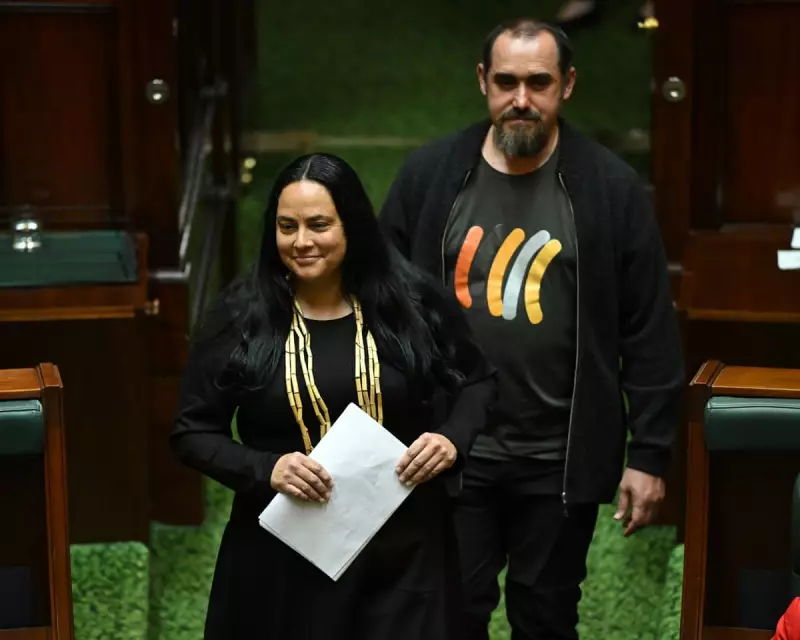
In an unprecedented move that marks a new chapter for Indigenous rights in Australia, the state of Victoria has officially passed the nation's first formal treaty legislation with traditional owners. This historic achievement represents the culmination of years of dedicated negotiation and represents a significant step forward in the journey toward reconciliation.
A Watershed Moment for Indigenous Recognition
The treaty legislation, which received bipartisan support in Victoria's parliament, establishes a comprehensive framework for formal recognition of Aboriginal people as the traditional custodians of the land. This groundbreaking agreement paves the way for greater self-determination and cultural preservation while addressing historical injustices that have persisted for generations.
This isn't just symbolic recognition - the treaty creates tangible mechanisms for Indigenous communities to have genuine input into decisions affecting their people and country. The legislation acknowledges the ongoing connection Aboriginal people maintain with their traditional lands and waters, while providing a foundation for economic and social development.
The Path to Treaty: Years in the Making
The journey toward this historic agreement began in 2016 when Victoria became the first Australian state to commit to treaty negotiations. What followed was an extensive consultation process involving hundreds of meetings with Indigenous communities across the state, ensuring the final agreement truly reflected the aspirations and needs of traditional owners.
The treaty process has been carefully structured to respect the diversity of Victoria's Aboriginal communities, with provisions for both statewide agreements and individual treaties with specific traditional owner groups. This flexible approach acknowledges that different communities may have distinct priorities and requirements.
What the Treaty Means in Practice
The legislation establishes several key mechanisms that will transform the relationship between the state government and Indigenous communities:
- Formal recognition of Aboriginal people as the traditional owners of Country
- Self-determination framework enabling greater control over matters affecting Indigenous communities
- Cultural heritage protection measures to safeguard sacred sites and traditional knowledge
- Economic participation opportunities to support community development and prosperity
- Truth-telling processes to acknowledge historical injustices and their continuing impacts
A National Precedent for Reconciliation
Victoria's groundbreaking treaty sets a powerful precedent for other Australian states and territories, demonstrating that formal agreements with Indigenous peoples are both achievable and essential for meaningful reconciliation. This historic moment comes as other jurisdictions consider their own treaty processes, with many looking to Victoria's model as a potential blueprint.
The successful passage of this legislation represents more than just political achievement - it signifies a growing national maturity in addressing Australia's complex colonial history and working toward a more equitable future for all Australians.
As the first treaty of its kind in Australian history, this agreement marks a turning point in the relationship between Indigenous and non-Indigenous Australians, offering hope for genuine partnership and shared prosperity in the years to come.





